Quiz History
Last Updated:
Are you a history buff? Our quizzes are for you! Test your knowledge of the great historical periods, landmark events, famous people and civilizations that have shaped the world as we know it today.
Our history quizzes are a fun and educational way to relive key moments in human history. With a varied selection of questions, you can test your knowledge on topics ranging from antiquity to the 21st century, including the Middle Ages, the Renaissance, industrial and political revolutions.
Do you know who signed the U.S. Declaration of Independence? Do you know the dates of major battles such as Hastings and Waterloo? Can you identify iconic figures such as Napoleon, Cleopatra and Martin Luther King? Our history quizzes are designed to help you answer all these questions while enriching your historical knowledge.
As you explore our history quizzes, you’ll discover fascinating anecdotes, little-known facts and striking details about the events and characters that changed the course of history. Whether you’re a history buff, a student or simply curious, our quizzes are an interactive and entertaining way to test your knowledge and learn more about the events that have shaped the world.
Test your knowledge and travel through the ages with our history quizzes!
Test your knowledge of history with our quizzes. Whether you’re an amateur or a true enthusiast, our quizzes will offer you a challenge adapted to your level.
Compare yourself with other history buffs and find out where you stand among connoisseurs of the great historical periods. Each question is an opportunity to learn and deepen your knowledge.
Our history quizzes are not simple knowledge tests, but interactive learning tools. Each question is accompanied by detailed explanations and interesting facts about key events, characters and eras.
By answering the questions, you’ll enrich your general knowledge and develop a better understanding of the past. Use our quizzes to explore new historical periods, discover fascinating anecdotes and strengthen your knowledge of world history.
history
/ 10
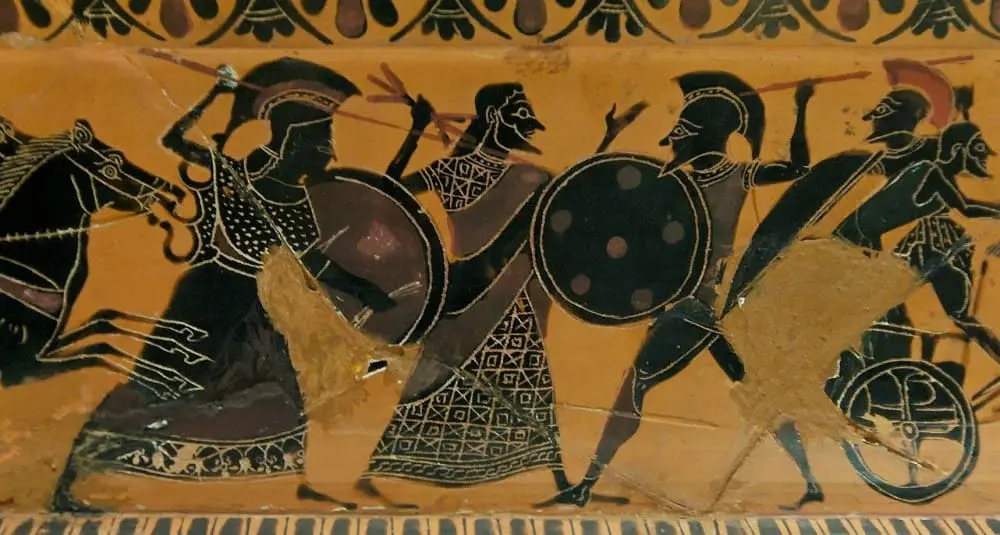
In Greek mythology, who is the god of war?
1Ares
2Hades

🙌 Good answer
In Greek mythology, Ares is the god of war, embodying the brutality and destruction of battle. Son of Zeus and Hera, he is feared even by the gods.
Next question

😞 Wrong answer
In Greek mythology, Ares is the god of war, embodying the brutality and destruction of battle. Son of Zeus and Hera, he is feared even by the gods.
Next question
history
/ 10

What incident triggered Germany's invasion of Poland in 1939?
1Gleiwitz
2Narvik

🙌 Good answer
After a provocative operation known as the Gleiwitz incident, German troops invaded Poland on all fronts at 4:45 a.m. on September 1, 1939.
Next question

😞 Wrong answer
After a provocative operation known as the Gleiwitz incident, German troops invaded Poland on all fronts at 4:45 a.m. on September 1, 1939.
Next question
history
/ 10
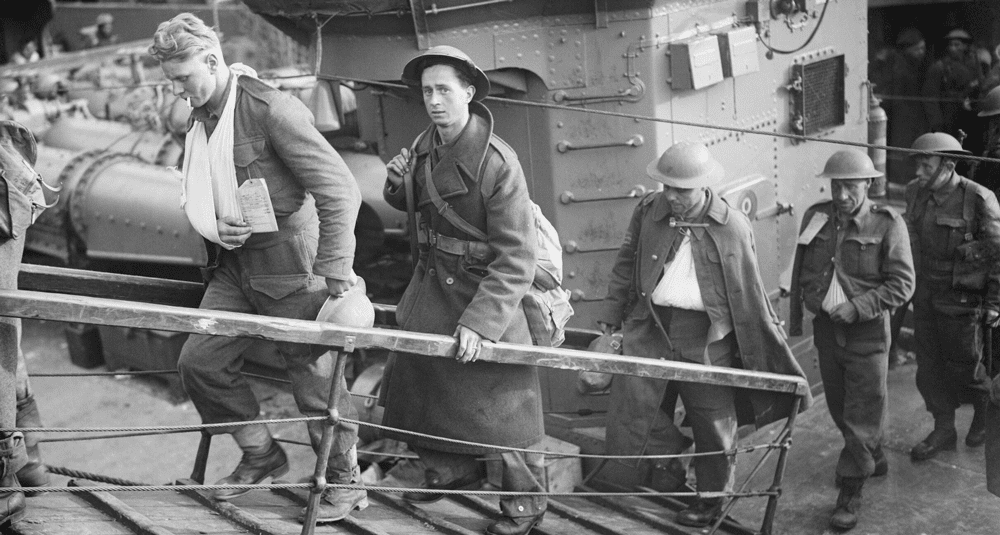
What was the name given to the British army evacuation operation at Dunkirk in 1940?
1Dynamo
2Overlord

🙌 Good answer
Operation Dynamo is the name given to the heroic evacuation of Allied troops surrounded by German forces in Dunkirk in May-June 1940.
Next question

😞 Wrong answer
Operation Dynamo is the name given to the heroic evacuation of Allied troops surrounded by German forces in Dunkirk in May-June 1940.
Next question
history
/ 10
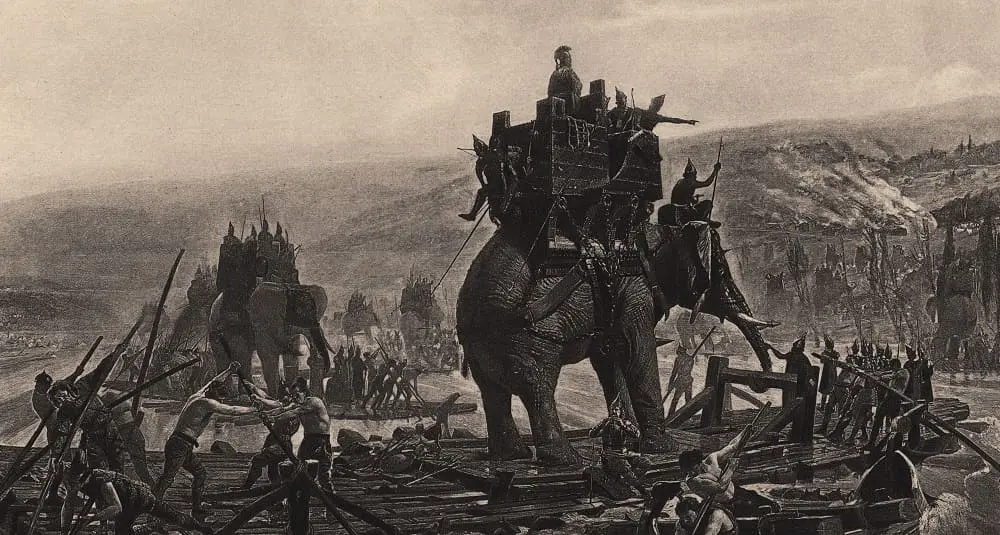
Who is Hannibal and his elephants?
1Carthaginian General
2Roman Emperor

🙌 Good answer
Hannibal Barca, a Carthaginian general, is famous for having crossed the Alps in 218 BC with his army, including 37 elephants, during the Second Punic War against Rome.
Next question

😞 Wrong answer
Hannibal Barca, a Carthaginian general, is famous for having crossed the Alps in 218 BC with his army, including 37 elephants, during the Second Punic War against Rome.
Next question
history
/ 10
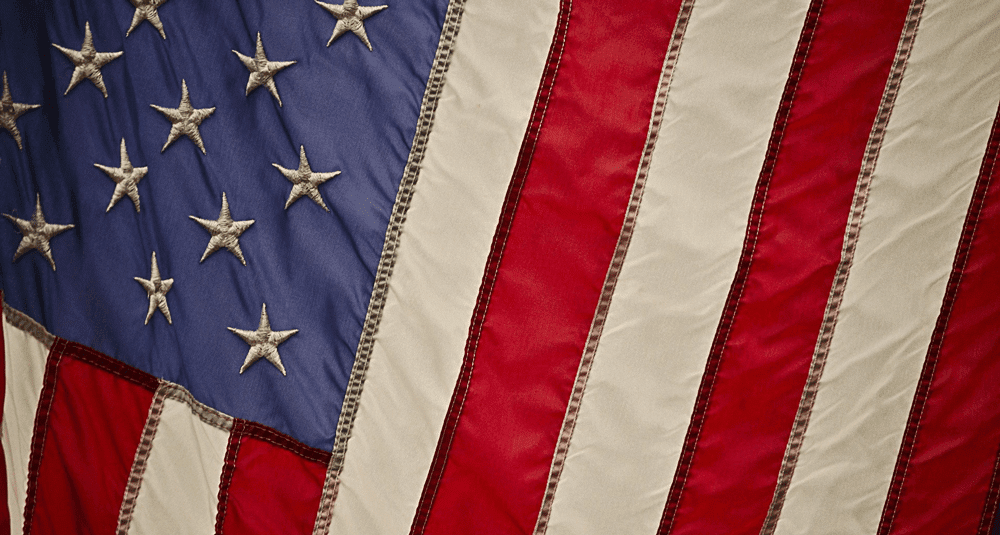
Who was murdered by James Earl Ray?
1Martin Luther King
2John Fitzgerald Kennedy

🙌 Good answer
James Earl Ray (born in Alton, Illinois on March 10, 1928 and died in Nashville on April 23, 1998) is an American criminal, sentenced to 99 years in prison for the murder on April 4, 1968, in Memphis, Tennessee, of Pastor Martin Luther King Jr., winner of the Nobel Peace Prize in 1964.
Next question

😞 Wrong answer
James Earl Ray (born in Alton, Illinois on March 10, 1928 and died in Nashville on April 23, 1998) is an American criminal, sentenced to 99 years in prison for the murder on April 4, 1968, in Memphis, Tennessee, of Pastor Martin Luther King Jr., winner of the Nobel Peace Prize in 1964.
Next question
history
/ 10
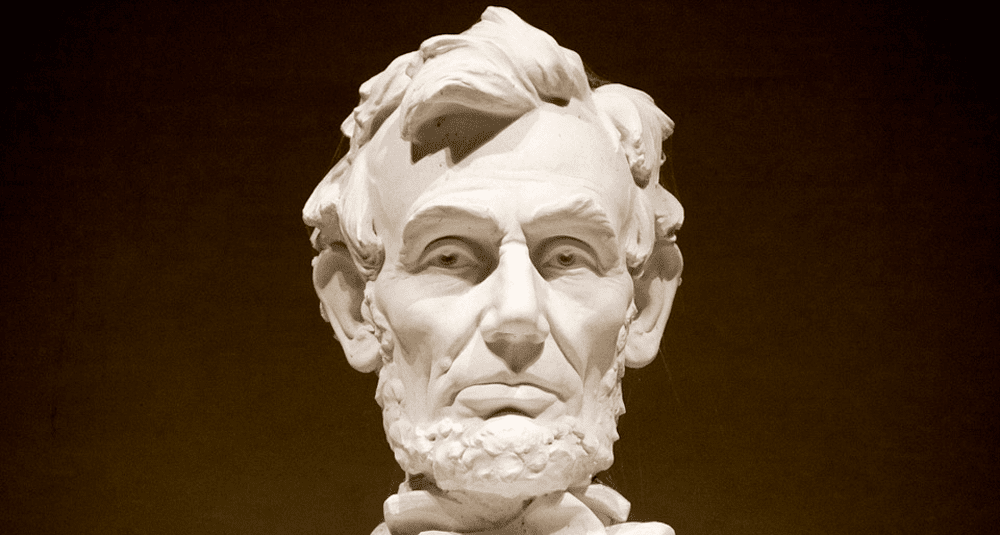
When was slavery abolished in the United States?
21865
11863

🙌 Good answer
The abolition of slavery in the United States was officially proclaimed in 1865 with the adoption of the 13th Amendment to the U.S. Constitution.
Next question

😞 Wrong answer
The abolition of slavery in the United States was officially proclaimed in 1865 with the adoption of the 13th Amendment to the U.S. Constitution.
Next question
history
/ 10
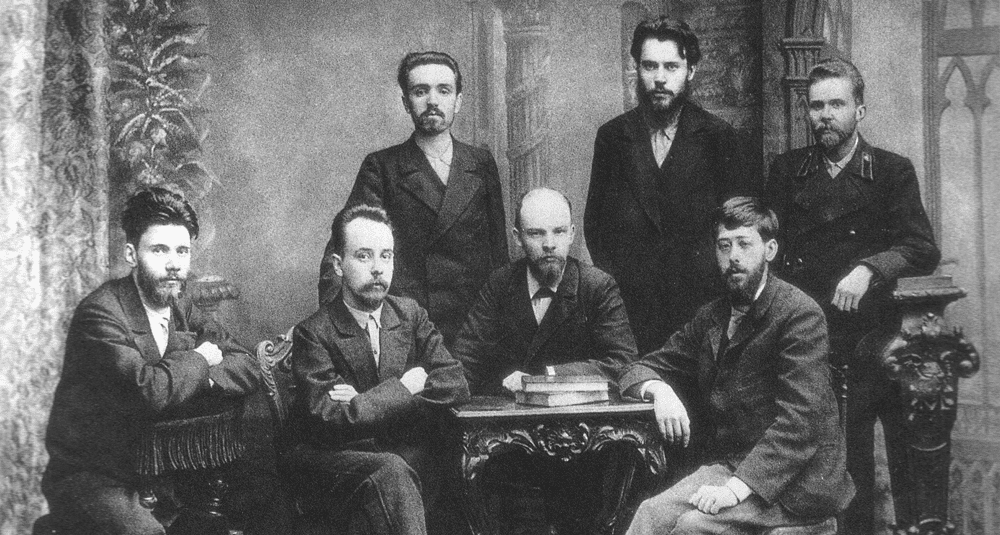
What Russian statesman died in 1924?
2Vladimir Lenin
1Joseph Staline

🙌 Good answer
Vladimir Ilyich Ulyanov, born in Simbirsk (now Ulyanovsk) on 10 April 1870 (22 April 1870 in the Gregorian calendar) and died in Vichy Gorky (now Gorky Leninskie) on 21 January 1924, was a Russian communist revolutionary, political theorist and statesman.
Next question

😞 Wrong answer
Vladimir Ilyich Ulyanov, born in Simbirsk (now Ulyanovsk) on 10 April 1870 (22 April 1870 in the Gregorian calendar) and died in Vichy Gorky (now Gorky Leninskie) on 21 January 1924, was a Russian communist revolutionary, political theorist and statesman.
Next question
history
/ 10
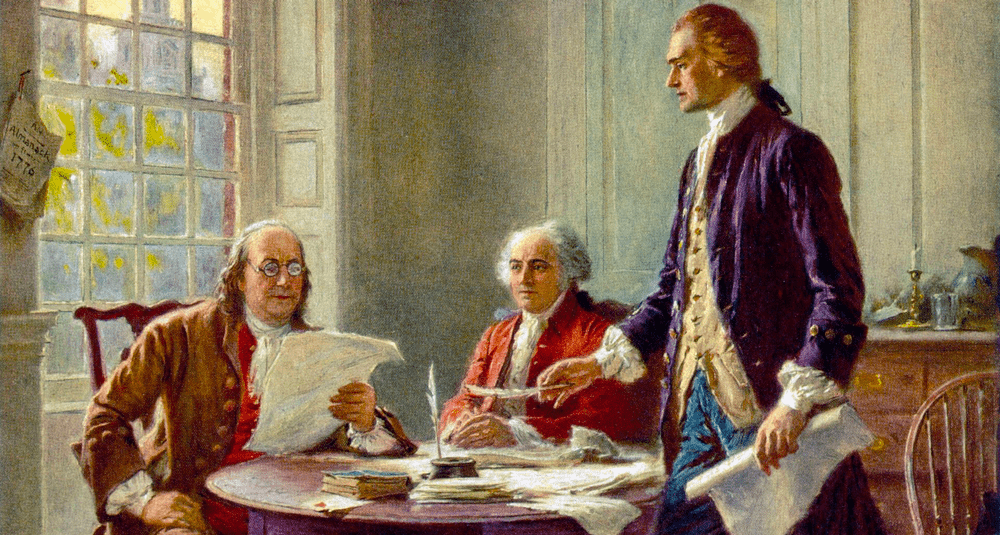
Who is the principal author of the United States Declaration of Independence?
1Thomas Jefferson
2George Washington

🙌 Good answer
The project is assigned to a committee of five representatives (John Adams, Roger Sherman, Benjamin Franklin, Robert Livingston and Thomas Jefferson). Thomas Jefferson eventually developed a draft and became the principal author of the text.
Next question

😞 Wrong answer
The project is assigned to a committee of five representatives (John Adams, Roger Sherman, Benjamin Franklin, Robert Livingston and Thomas Jefferson). Thomas Jefferson eventually developed a draft and became the principal author of the text.
Next question
history
/ 10
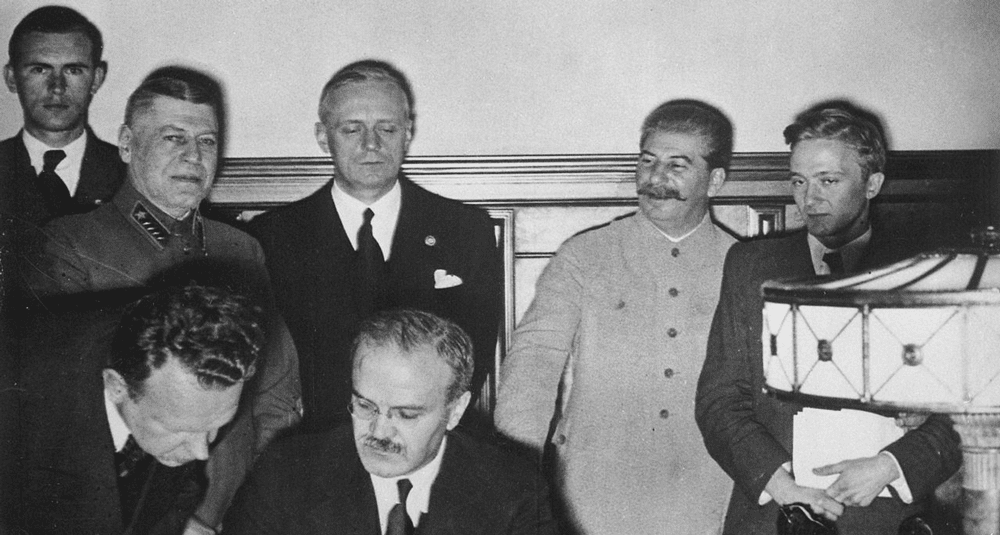
Where was the 1939 Molotov–Ribbentrop Pact signed?
2Moscow
1Berlin

🙌 Good answer
The German-Soviet Pact is a non-aggression treaty between Germany and the Soviet Union, signed in Moscow on August 23, 1939.
Next question

😞 Wrong answer
The German-Soviet Pact is a non-aggression treaty between Germany and the Soviet Union, signed in Moscow on August 23, 1939.
Next question
history
/ 10
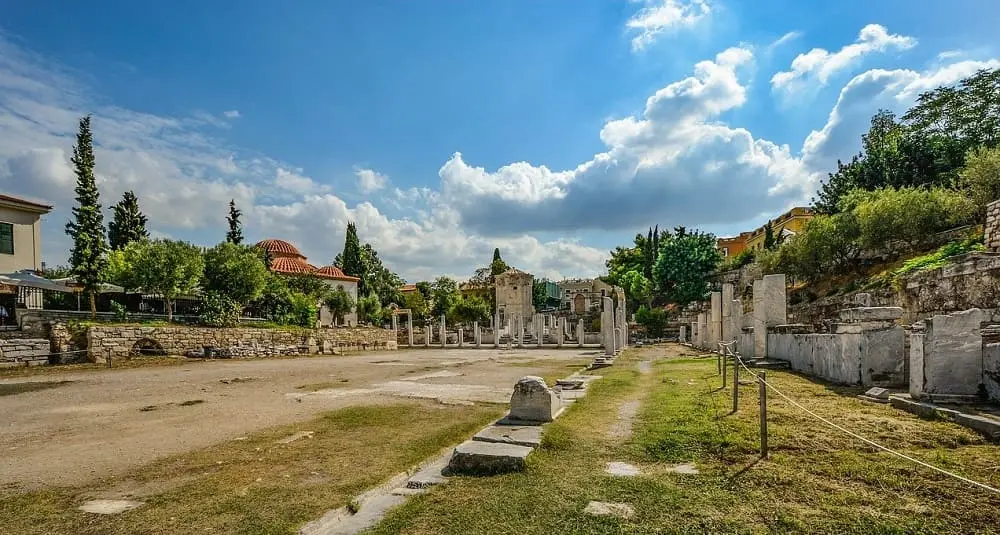
What's the difference between the Acropolis and the Agora?
2Temple and market
1Two different temples

🙌 Good answer
The Acropolis is a fortified hill housing sacred temples, while the Agora is a public square at the heart of the city, dedicated to political, commercial and social activities.
Next question

😞 Wrong answer
The Acropolis is a fortified hill housing sacred temples, while the Agora is a public square at the heart of the city, dedicated to political, commercial and social activities.
Next question



